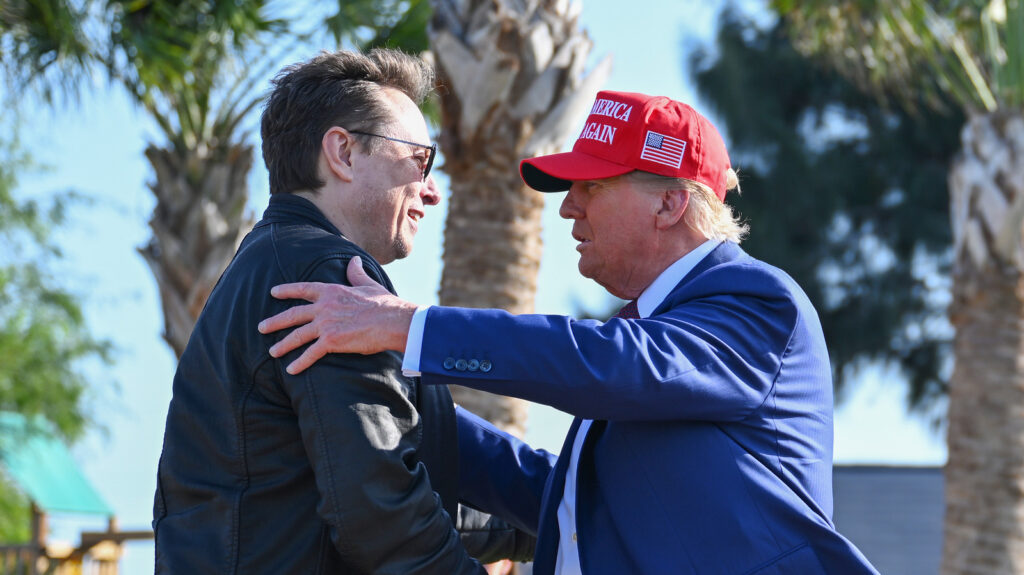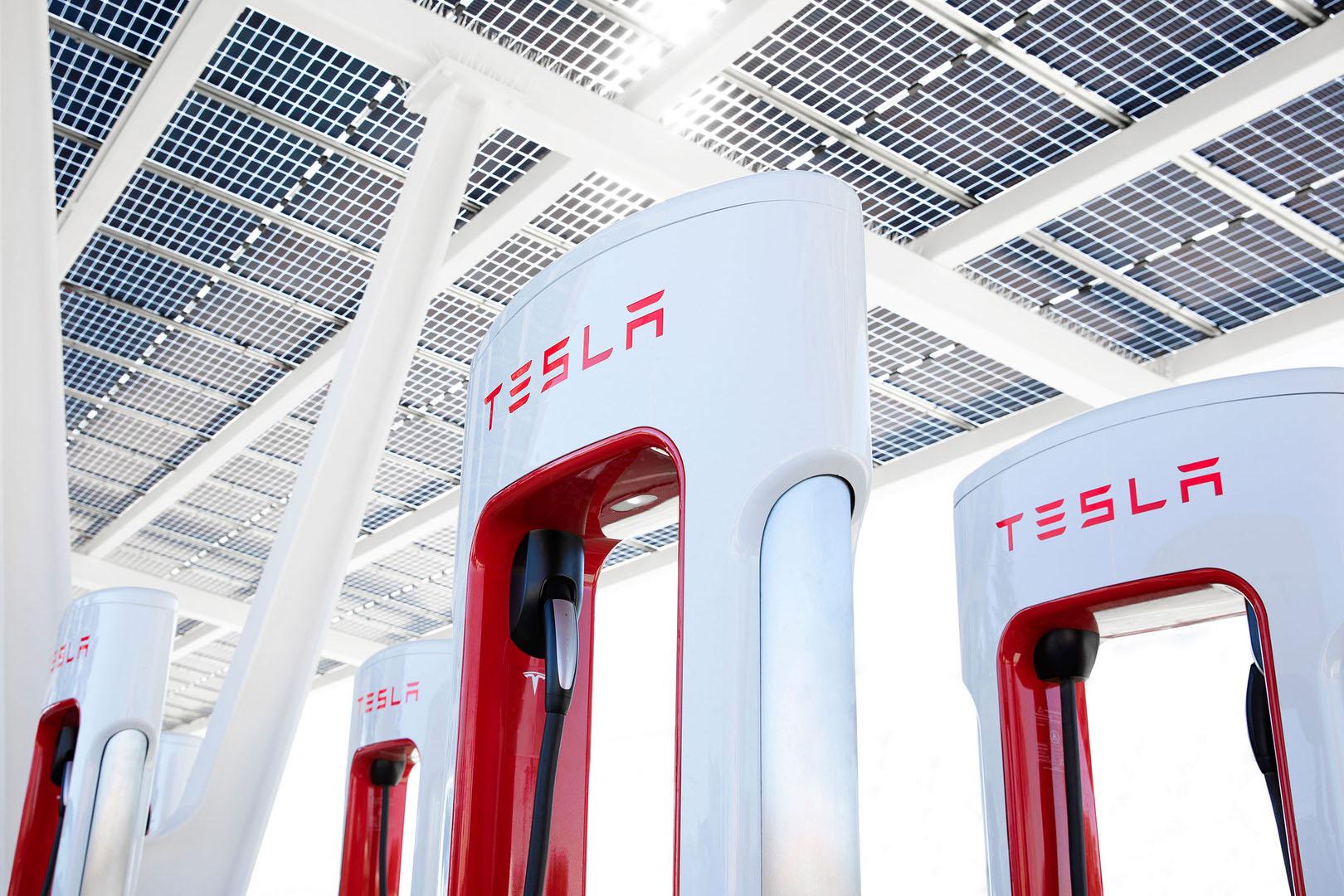Tesla, Inc. (NASDAQ: TSLA) has become a beacon of innovation in the electric vehicle (EV) space and a darling of investors who believe in a clean energy future. However, the meteoric rise in its stock price has sparked debate about whether Tesla is fundamentally overvalued, with recent market dynamics suggesting a speculative bubble may be forming.
A Disconnect Between Valuation and Fundamentals
Tesla’s valuation has always been a contentious topic, but current metrics paint a stark picture of overextension:
- Price-to-Earnings (P/E) Ratio: At a staggering 90.24, Tesla’s P/E far exceeds the average for the automotive sector and even the broader market. By comparison, stalwarts in the tech industry with high growth prospects, like Microsoft and Alphabet, trade at significantly lower multiples.
- Revenue Growth: Tesla’s year-over-year revenue growth stands at a modest 1.28%, which hardly justifies its sky-high valuation. For context, companies like NVIDIA, riding the AI wave, boast over 150% revenue growth with a much lower P/E ratio.
- Margins: Tesla’s net margin of 13.12% is solid but not extraordinary, especially when compared to high-growth tech companies or even legacy automakers adapting to EVs.
Tesla’s valuation seems more reflective of future hopes than current performance, which raises questions about whether the market is overly optimistic about the company’s growth trajectory.

The Political Tailwind Speculation
A significant factor driving Tesla’s recent surge is the speculation surrounding Elon Musk’s relationship with President-elect Donald Trump. Investors believe this proximity could yield favorable policies, including:
- Increased EV Incentives: Should the new administration prioritize clean energy, Tesla could benefit from renewed tax credits or subsidies for electric vehicles, boosting domestic demand.
- Infrastructure Investments: Federal spending on EV charging networks or green energy projects might accelerate Tesla’s growth and ecosystem dominance.
- Manufacturing Support: Policies favoring American manufacturing and deregulation could enhance Tesla’s Gigafactory operations and overall production efficiency.
While these possibilities create excitement, they remain speculative. Policy in
A History of Narrative-Driven Valuation
Tesla’s stock has always been influenced by a potent mix of Elon Musk’s visionary narrative and investors’ belief in a green future. However, this reliance on storytelling often inflates expectations:
- Investor Euphoria: Many view Tesla not as an automaker but as a tech company, assigning it the kind of premium usually reserved for software firms or disruptive platforms.
- Competitive Landscape: Tesla faces growing competition from established automakers (e.g., Ford, GM, Volkswagen) and new EV-focused companies (e.g., Rivian, Lucid). These competitors are closing the technology gap, raising questions about Tesla’s ability to maintain its leadership.
The Speculative Bubble Risk
Tesla’s current price levels signal the potential for a speculative bubble:
- Momentum Trading: The stock’s relentless climb suggests that many investors are buying based on fear of missing out (FOMO) rather than a sound assessment of value.
- Overreliance on Non-Core Factors: Speculation about political connections or potential subsidies inflates short-term optimism without addressing Tesla’s core business challenges.
- Macro Risks: Economic headwinds, such as rising interest rates or a slowdown in EV demand, could quickly deflate overhyped valuations.
Balancing Optimism with Prudence
While Tesla remains an innovative leader, its current valuation leaves little room for error. The stock price assumes flawless execution, rapid growth, and favorable external conditions — a trifecta that is difficult to sustain in a competitive and dynamic market.
For investors, the key takeaway is to balance optimism with realism. Tesla may continue to thrive, but its stock price already reflects lofty expectations. Buying at these levels carries significant risk if the company fails to meet or exceed these high benchmarks.
Conclusion
Tesla is undeniably a transformative company, but its stock price appears to have decoupled from fundamental realities. The speculative bubble forming around Tesla hinges on unproven policy benefits and market euphoria, leaving it vulnerable to a significant correction. Investors should approach with caution, ensuring their decisions are guided by data, not hype.
